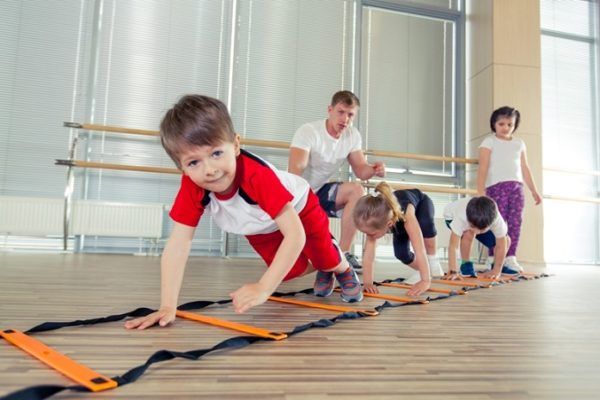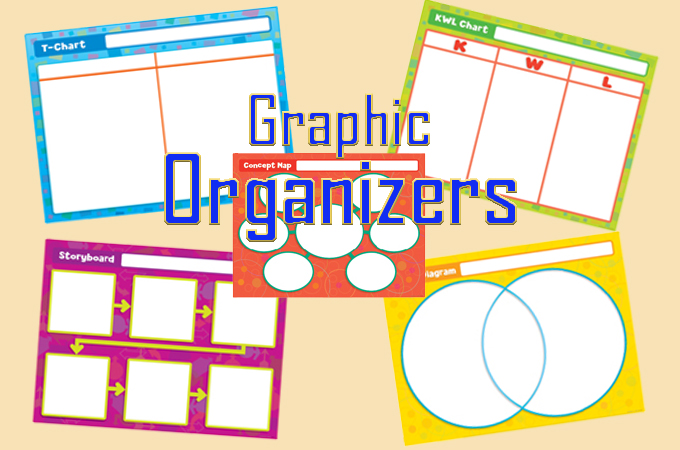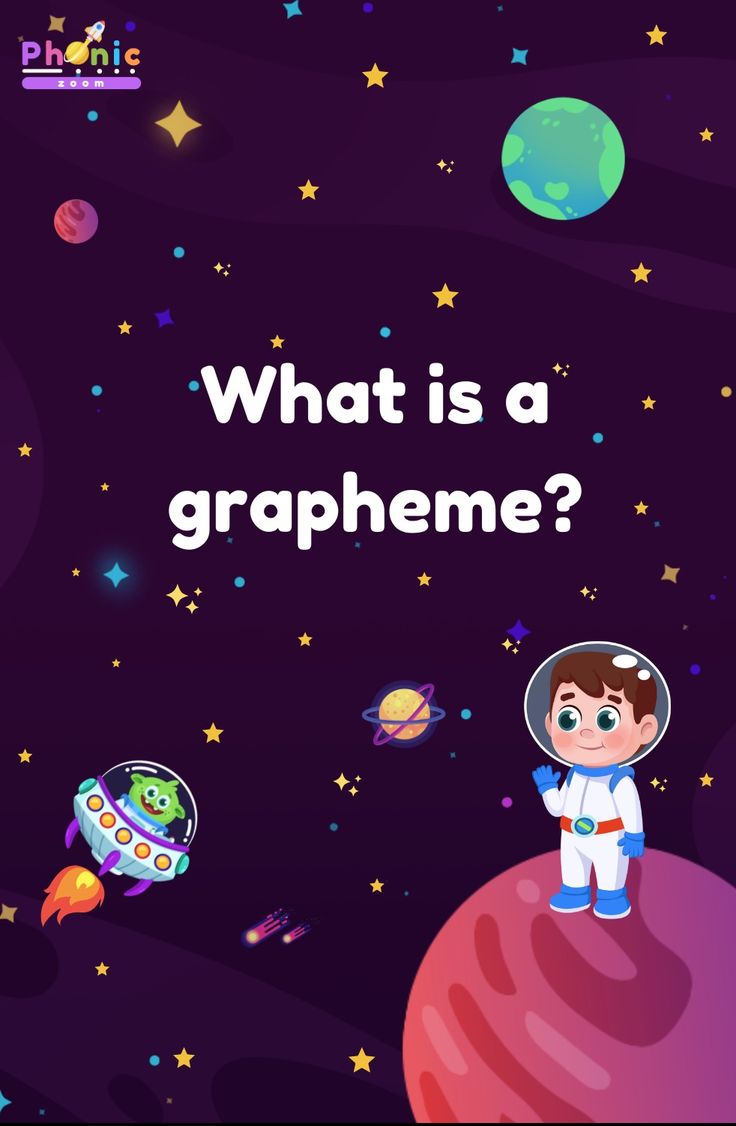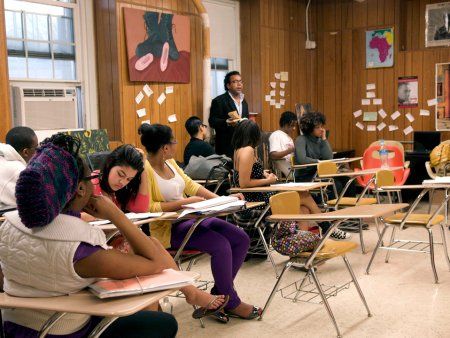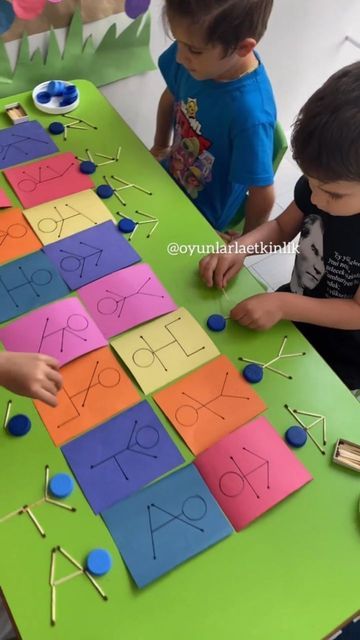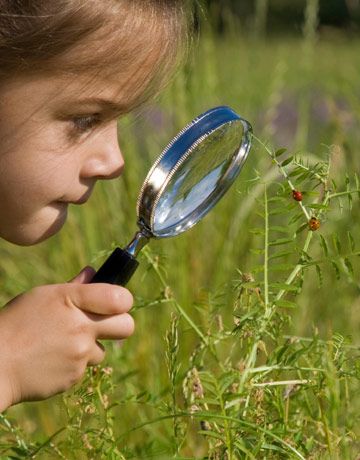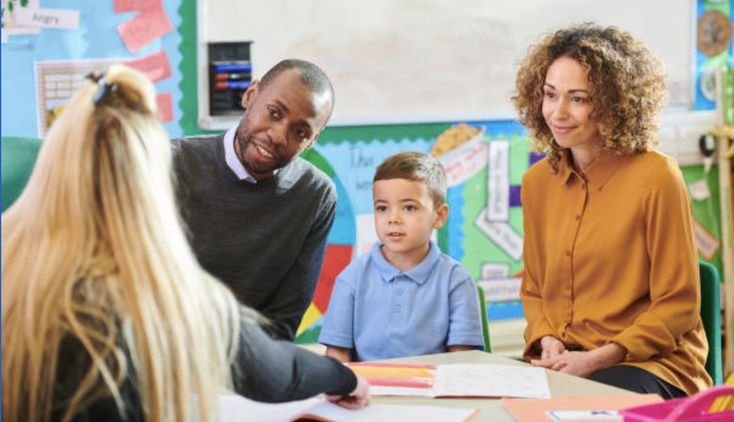Education
What are Gross Motor Skills?
Gross motor skills refer to the abilities required to control the large muscles of the body for major movements such as walking, running, jumping, and maintaining balance and coordination. These skills involve the coordination of the arms, legs, and other large body parts and are vital for everyday physical activities. The development of gross motor […]
Education
What are Graphic Organizers?
Graphic organizers are visual and spatial displays that make information easier to understand and learn. They are powerful tools in education, used to organize ideas, concepts, and information in a way that highlights important relationships and makes abstract ideas more concrete and approachable. These versatile tools come in many forms, including: Graphic organizers serve multiple […]
Education
What are Graphemes?
Graphemes are the smallest units of written language that represent a phoneme in the spelling of a word. In simpler terms, they are the written symbols that correspond to spoken sounds. Graphemes can be single letters, letter pairs, or letter groups that represent a single sound in a language’s writing system. For example, in English: […]
Education
Flexible Groups
Flexible grouping is an instructional strategy used in education where students are grouped and regrouped based on specific goals, activities, and individual needs. This approach allows for dynamic and responsive instruction that can adapt to students’ changing learning needs and progress. Key characteristics of flexible groups: Types of flexible groups: Benefits of flexible grouping: Challenges […]
Education
First-Generation College Students
First-generation college students are those who are the first in their families to attend college or whose parents did not complete a four-year college degree. This demographic represents a significant portion of the college-going population and faces unique challenges and opportunities in higher education. Key characteristics: Challenges faced by first-generation students: Strengths and opportunities: Support […]
Education
First person experiences
First person experiences, in an educational context, refer to direct, personal encounters or observations that contribute to learning and understanding. These experiences involve active participation or immersion in a situation, allowing individuals to gain knowledge through their own senses, actions, and reflections. Key characteristics of first person experiences: Types of first person experiences in education: […]
Education
Fine motor skills
Fine motor skills refer to the coordination of small muscle movements, typically involving the synchronization of hands and fingers with the eyes. These skills are crucial for performing precise tasks and are fundamental to many daily activities and academic pursuits. Key aspects of fine motor skills: Examples of activities requiring fine motor skills: Development of […]
Education
Field Observations
Field observations are a systematic method of data collection used in various disciplines, including education, anthropology, sociology, and natural sciences. This research technique involves carefully watching and recording behaviors, interactions, or phenomena in their natural setting without direct intervention from the observer. Key characteristics of field observations: In educational settings, field observations might involve: Types […]
Education
Field Experiences
Field experiences are structured opportunities for students, typically in higher education or professional training programs, to apply theoretical knowledge in real-world settings. These experiences are an integral part of many educational programs, particularly in fields such as education, social work, healthcare, and environmental sciences. Key aspects of field experiences include: In teacher education programs, field […]
Education
Family-Professional Partnerships
Family-Professional Partnerships are collaborative relationships between families and professionals in educational, healthcare, or social service settings. These partnerships are built on mutual respect, trust, and a shared commitment to supporting the growth and well-being of children or individuals receiving services. Key characteristics of effective Family-Professional Partnerships include: These partnerships are particularly crucial in special education, […]

